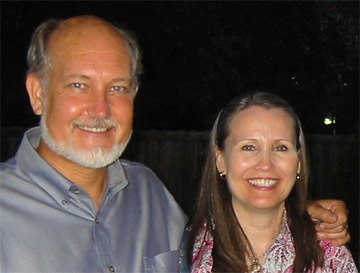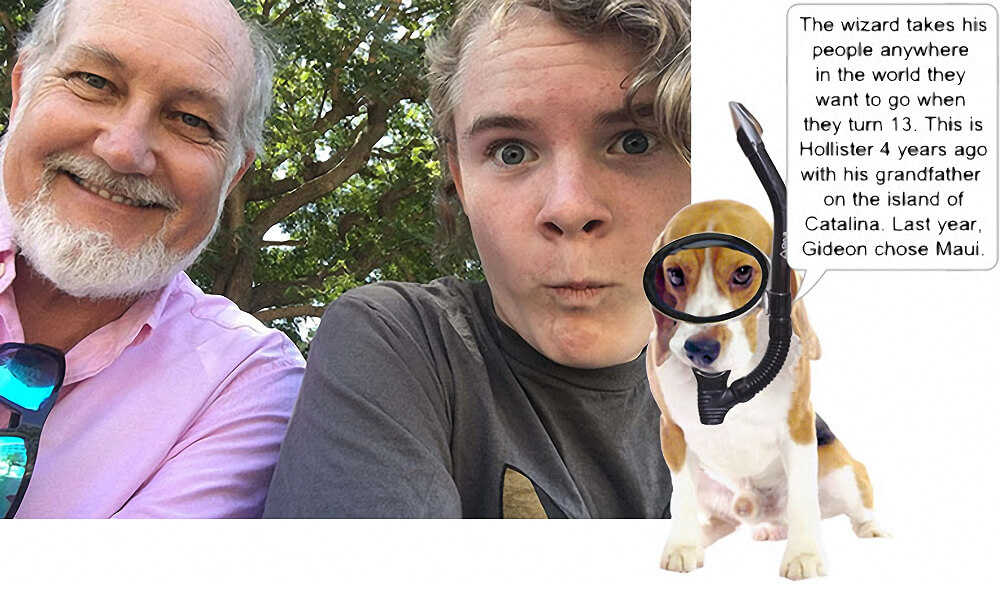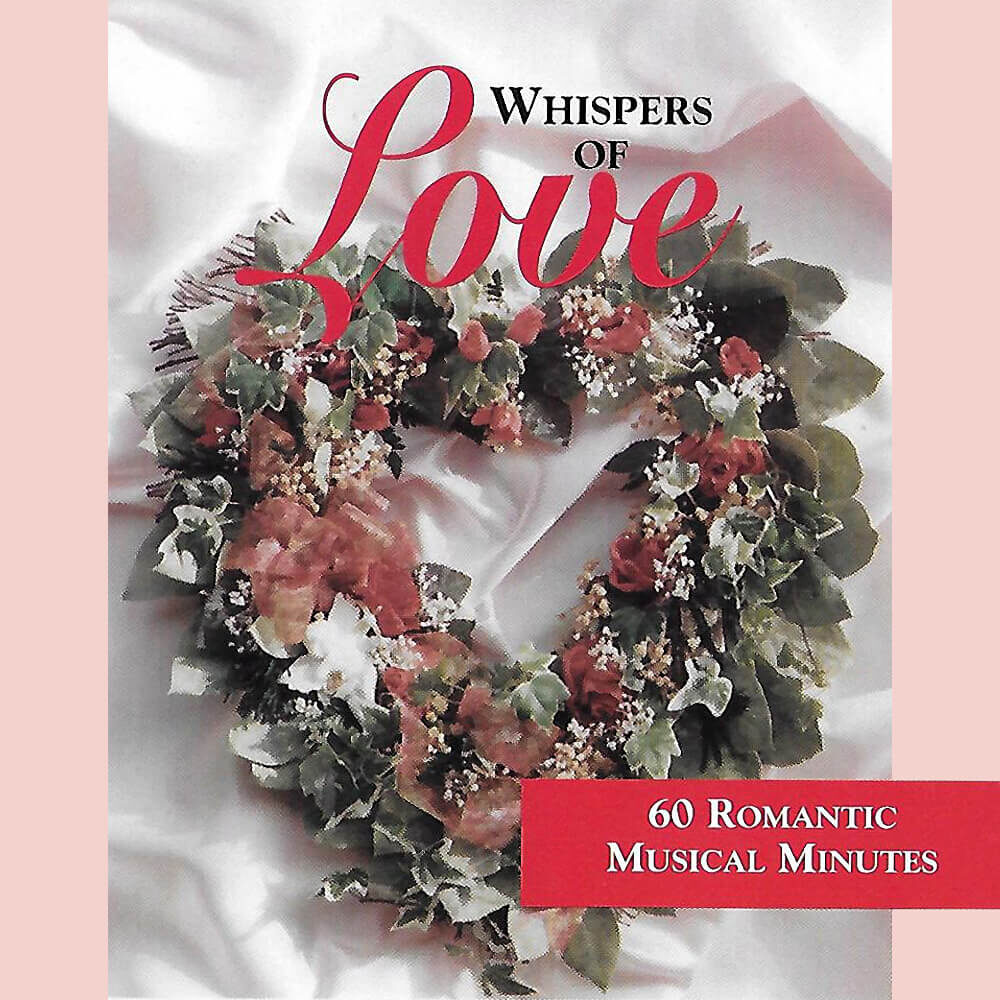At this point, I did not anticipate or plan to publish another commentary by “Mr. Wizard of Ads,” Roy H. Williams, so soon. However, when his Monday Morning Memo showed up a few weeks back carrying this heading, I knew instantly I had to share his message with you. You see, the word LOVE in all of its many forms and aspects has always been top-of-mind for me.

I’m not going the share much about Roy here, as you either know or, if interested in learning, jump back to his previous appearance here, titled Twisted & Bent! I will tell you that Roy and his wife, Princess Penny, are the founders of the Wizard Academy and Chapel Dulcinea, which proudly sit high on a hill overlooking Austin, Texas.
Now, for your lesson in Love, here’s Roy:
When a thought knocks politely on the door of my mind, I open the door and entertain the thought. But when an unseen thought shines into my mind through a skylight, I am always startled by the mystery of how words-not-my-own came to echo in my empty skull.
“What, then, is Love?”
Those four words, like the feet of a proud, white goat, prance in the snowy landscape of my mind.
“What, then, is Love?”
Unable to escape the music of those words, I will do my best to answer their question:
“What, then, is Love?”
Low-voltage love is a noun. It is something you feel. It surrounds you and you are “in” it.
High-voltage love is a verb. It is something you do.
E. W. Howe was 5 years old when Teddy Roosevelt was born, and he was 10 when the American Civil War began. E. W. Howe died 85 years ago. But while he lived, he said,
“When a friend is in trouble, don’t annoy him by asking if there is anything you can do. Think up something appropriate and do it.”
In those 25 words, we see love as a verb; love with its sleeves rolled up.
Love as a noun comes and goes but love as a verb comes to stay. “For better, for worse, for richer, for poorer, in sickness and in health…”
Alexander the Great died 323 years before Jesus was born. Alexander loved adventure and battle. He felt it, was surrounded by it, and was “in” it. Jesus loved people. He fed them, healed them, encouraged them, and died for them. Verb, verb, verb, verb.
Alexander and Jesus both died at the age of 32.
During the 12 years that Alexander was conquering and ruling the world, his soldiers taught every nation a simplified form of Greek so that everyone could understand what Alexander was saying. This “Koine” Greek became the world’s first international language.
The entire New Testament – including all the stories of Jesus – were written in the “Koine” Greek of Alexander, a language with four different words for love, although only two of them were used in the New Testament. The two that do not appear are:
Eros: sexual love.
Storge: the love between members of a family.
The two words for love that appear repeatedly in the New Testament are Philia and Agape.
Philia: the love between close friends.
Agape: sacrificial love; “I care about you more than I care about me.”
The Harvard Grant Study is the world’s longest running and most comprehensive psychological study, and it talks about love. The study says the happiest people are those who have chosen to do 5 things.
(5.) suppress unproductive and distressing thoughts,
(4.) maintain a realistic view of the future and its difficulties,
(3.) turn frustration and anger into productive energy,
(2.) make light of stressful events,
(1.) focus on the wellbeing of others.
The world’s longest running and most comprehensive psychological study says the secret of happiness is to see love as a verb, something you do: focus on the wellbeing of others.
Albert Schweitzer was a polymath. He was a physician, philosopher, musicologist, theologian, humanitarian, and a writer. He received the Nobel Peace Prize in 1952.
On September 4, 1965 – the day Albert Schweitzer died – the song “Help!” by the Beatles, went to #1 on the charts. Do you remember the lyrics?
When I was younger, so much younger than today,
I never needed anybody’s help in any way.
But now these days are gone, I’m not so self assured,
Now I find I’ve changed my mind and opened up the doors.
Help me if you can, I’m feeling down.
And I do appreciate you being ’round.
Help me get my feet back on the ground.
Won’t you please, please help me?
Albert Schweitzer spoke of love and happiness in much the same way the Harvard Grant Study spoke of love and happiness. Albert put it this way:
“I don’t know what your destiny will be, but one thing I know: the only ones among you who will be really happy are those who will have sought and found how to serve.”
Not being able to answer the question myself, I put the question to you: What, then, is Love?
Roy H. Williams
If you have some thoughts you’d like to share is response to Roy’s question, please leave them on the comment form at the bottom of the page and I’ll forward them to Roy.
Finally, to you dear readers … I LOVE you for taking the time to read what I share here every two to three weeks. And, if you are not signed up to receive a notification when a new Musings is posted, I invite you to do so. Please know, that is the only purpose for putting your name on the list – that list is maintained for no other purpose! Thank you!
* Top featured image used with permission of Roy H. Williams.






